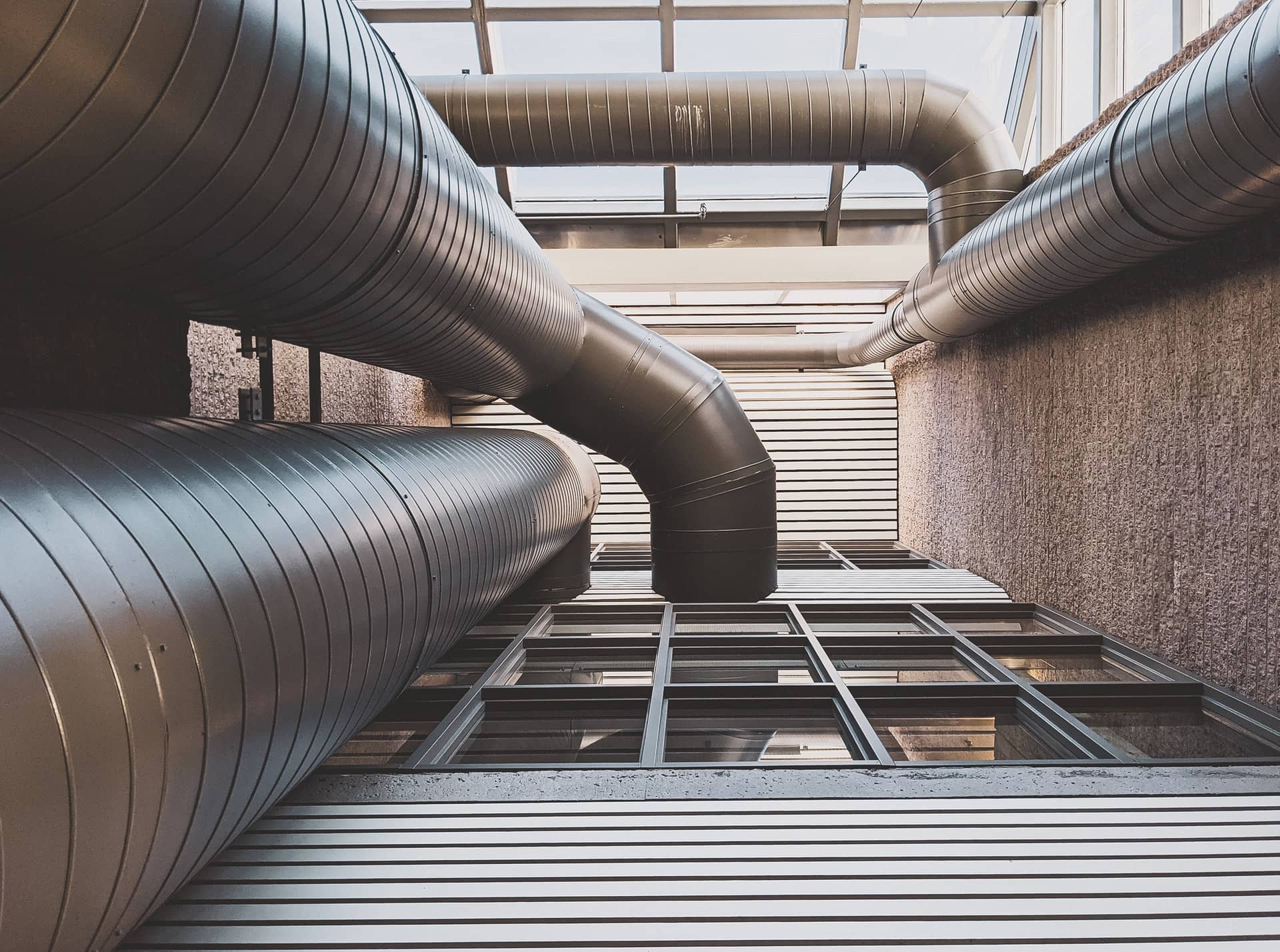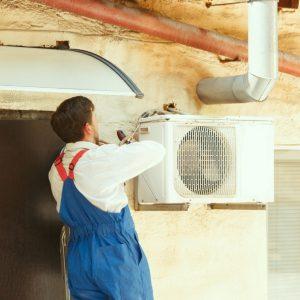Table of Contents
HVAC systems are an essential part of any modern-day building. HVAC in Cypress, TX, stands for heating, ventilation, and air conditioning- all vital components of a comfortable environment. No one wants their home to be freezing in the winter, hot in the summer, or to have a bunch of pollutants floating around.
However, HVAC systems can seem complex and even intimidating at first glance, especially since there are a few different types of home HVAC systems. We’ve compiled the basics of what every homeowner needs to know in order to understand their HVAC system, as well as warning signs of a potential problem with your system. For more detailed information, don’t hesitate to visit https://hvacrepaircypress.com/.
Types of HVAC systems
There are a few main HVAC systems, most notably packaged heating and air, ductless, and hybrid systems. Here’s a brief overview of each type and how the system works.
Packaged heating and air systems
A packaged system has both an outdoor and an indoor component. If you’ve ever seen a large metal box with a fan outside of a home or on a roof, it may be part of a packaged system. The outdoor part has a compressor and a condenser inside the box, and the indoor part of the system consists of ductwork, an evaporator, and a gas furnace.
Ductless systems
As you may have guessed, ductless HVAC systems do not have ductwork. They are also referred to as mini-splits. Similar to packaged heating and air systems, this type of HVAC system can be used for both heating and cooling, and they also have a compressor unit that sits outside. The inside portion of a ductless system consists of a unit mounted on the wall to blow air through the home rather than ducts leading to vents.
Hybrid systems
Do you have a gas heating system or an electric one? Hybrid systems combine the two, using a gas furnace and an electric heat pump to both heat and cool your home. The system automatically switches back and forth between the two parts in order to keep it as efficient as possible, which keeps utility bills and energy usage down.
What is central air?
Over 80% of Texas homes use some type of central air conditioning. Central air refers to a system that moves cool air through a building. Central air is not a fourth type of HVAC system but a blanket term for any system that uses ducts and vents to distribute cool air. A ductless mini-split system, therefore, would not be considered central air conditioning.
What to know about HVAC maintenance
No matter the type, heating and cooling systems work best if they are maintained regularly. It’s typically recommended that you have your HVAC system checked twice per year: once before winter and once before summer. Regular maintenance can help keep your system working efficiently, which in turn keeps energy bills down. Technicians are also trained to spot potential problems in your HVAC system, meaning they may be able to mitigate those problems early or even prevent them before they happen.
Some HVAC service companies near you may offer service contracts, which allow you to save on seasonal maintenance appointments and tune-ups. A service contract may also give you priority service when you need it, which can be handy in emergency situations.
The best time to replace your HVAC system
Your HVAC system’s life expectancy will depend on a number of factors, including when it was installed, what kind of climate you live in, and how long you run the system during the year. In Texas, our air conditioners will likely show more wear and tear due to the generally warm climate and dry summer heat.
As a general rule of thumb, if you have to call for maintenance too often, spend too much on repairs, or if your utility bills are getting too high, it may be time to consider replacing your HVAC system.
The signs of HVAC problems
It’s important to keep an eye on your HVAC system so that you know when to call for maintenance and can avoid a complete system breakdown. Luckily, there are some clear signs you can watch out for that indicate a problem.
Strange smells
There are a variety of smells that may emanate from your HVAC system, some of which are cause for concern. Musty odors or a “dirty sock” smell may indicate that there is bacteria or mold growing on your condenser coils or somewhere inside the system. You’ll want to get this checked out quickly, as mold spores being blown through your home via the HVAC system can cause respiratory issues.
If you smell something burning, turn off the system right away and call an emergency HVAC repair service near you. Burning smells could indicate an electrical problem. Finally, if you smell rotten eggs, open your windows or leave the home immediately and call the gas company. This stench could indicate a natural gas leak, which can be very dangerous.
Expensive utility bills
Have your utility bills risen drastically despite not having changed your routine? First, check to make sure your electrical or gas company hasn’t increased its rates. If they haven’t, schedule a maintenance appointment with your local HVAC company. Higher utility bills may be an indication that your system is having to work harder to heat or cool your home. There could be a specific problem causing the stress on your system, or it could simply be aging. Either way, it should be checked out.
Odd noises
It’s normal for your HVAC system to make noise sometimes. You may hear a click as it comes on, or if you have ducts, they may creak every now and then. However, if you’re hearing banging, squealing, rattling, or screeching, you should call a maintenance provider. These noises are abnormal and can point to a problem.
Inconsistent temperatures
Supposedly, cold spots in a home are indicators of paranormal activity- but in reality, it’s probably an issue with your HVAC system. If the temperature changes dramatically from one room to another or if there are certain spots in a room that are colder than others, it’s time to call the HVAC Company.
HVAC repair services – There’s a company out there that can help!
In Texas, typical high temperatures make it extra important to keep your HVAC in Cypress, TX system in great shape. The only way to properly repair, maintain, replace, and install HVAC systems is through assistance from a qualified HVAC contractor.
Making sure you stay diligent and aware of what’s happening with your HVAC systems with the combined attention from a professional company is what will ensure fewer headaches, repairs, and costs down the road.




